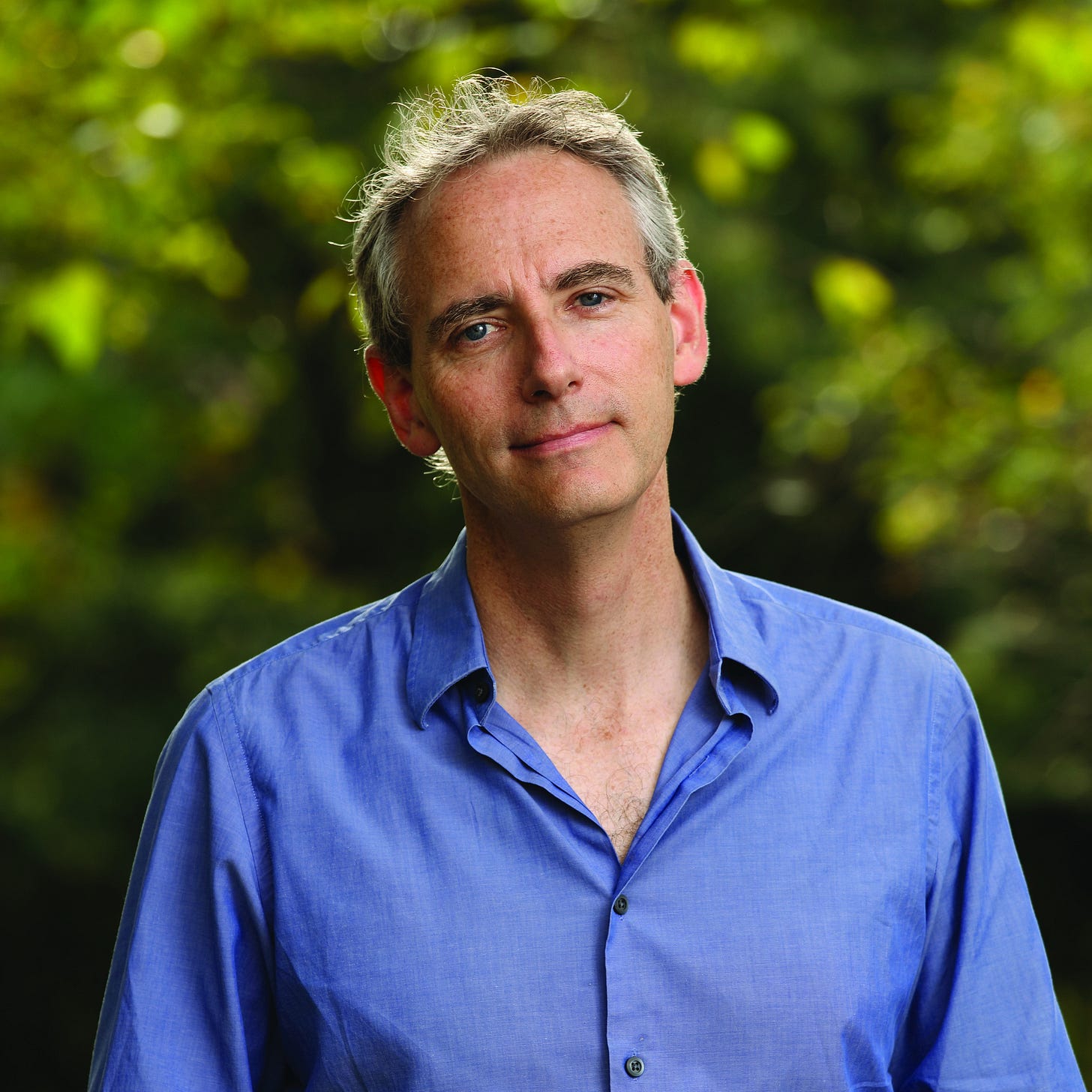CR 068: Bruce Holsinger on ‘Culpability’ in the Age of AI
The author and professor discusses his latest page-turning thriller.
Since its publication in July, Bruce Holsinger’s fifth novel, Culpability, has received rave reviews from The New Yorker, Kirkus, The New York Times, People, Real Simple, Publishers Weekly, Newsday, and even Oprah herself. And yet, unlike most authors, Holsinger says he didn’t grow up with dreams of one day writing fiction.
“The first extended fiction I wrote were dungeons for Dungeons & Dragons,” he says. “I was always the Dungeon Master and did these elaborate dungeons for my friends. That was the kind of writing I loved.” Once in college, he didn’t follow the fiction writing path because, he says, “I was an academic. I was writing my dissertation, seminar papers, all those kinds of things.”
Though Holsinger—who received his Ph.D. from Columbia University and is currently an English professor at the University of Virginia—is widely known as an expert in medieval literature and culture, Culpability is very much a 21st-century story. When it begins, w…
Keep reading with a 7-day free trial
Subscribe to Creative Reverberations to keep reading this post and get 7 days of free access to the full post archives.



